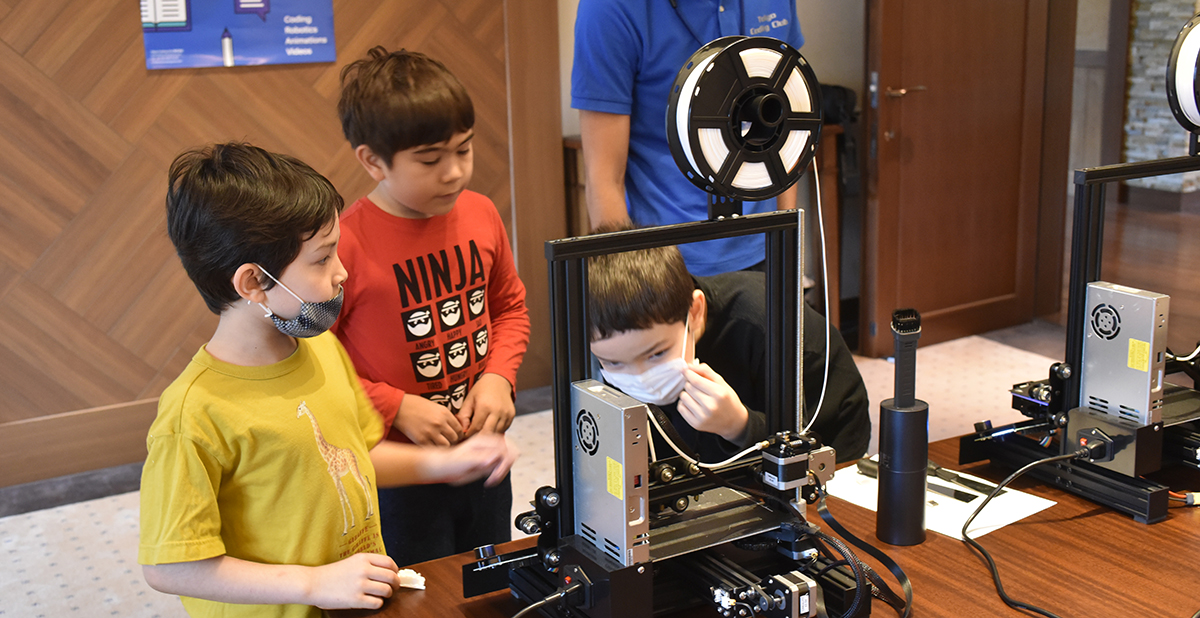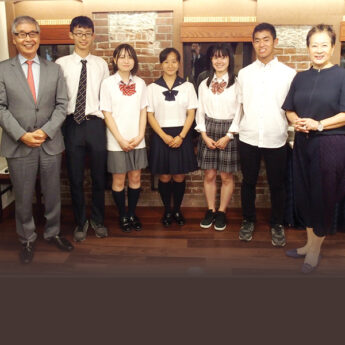Science, technology, engineering and mathematics—also known as STEM—is becoming key for many schools, as these subjects set up students for successful careers. ACUMEN spoke to educators in Japan about what they are doing to champion STEM as they nurture young learners.

Laurus International School of Science
Prepare for tomorrow
Laurus International School of Science, which opened in 2001, is the only such establishment in Japan. Teaching children from preschool to primary school, Laurus uses a science-based curriculum with educational experiences centred on experiment. The school offers a series of afterschool programmes that focus on programming and help students develop their own ideas using STEM materials.
“The world is changing rapidly, and we are experiencing what many have called the fourth industrial revolution. This revolution is being led by innovations such as artificial intelligence, the Internet of Things and Big Data,” Laurus Chairman Kiyomi Hioki and Head of School Mami Hioki said in a joint message about the school. “These innovations are consuming the world. Rapid globalisation has also created more and more complicated international problems. In a further 20 years, the world will be beyond our imagination, and our children will need the abilities and skills to solve problems without clear answers”.
While the world around us is changing, the Hiokis believe Japanese education has changed very little. This inspired them to open the school with the aim to help children define a problem, identify solutions, and then evaluate and share results. One of the many afterschool programmes Laurus offers is the STEM Academy, where students can take a variety of classes including brain power, block programming, advanced block programming, future innovators, digital creative and science. There is also a makers’ club.

Tokyo Coding Club
Build skills
Tokyo Coding Club offers multiple classes on coding, vlogging, animation, robotics and more to give students the opportunity to dive deeper into their interests. Afterschool classes such as these are good opportunities for children to learn more about subjects that interest them beyond their base curriculum.
Co-founder Joshua Wong said, “Our mission is simple: to create mind-blowing tech experiences that inspire students to create the future”. The organisation works with students aged 7–18 from a variety of international schools in Tokyo, such as The American School in Japan (ASIJ), St Mary’s International School and Nishimachi International School.
Working towards a similar goal is Singapore’s first children’s coding school, Saturday Kids. Founded in 2012, the school teaches youngsters how to learn through classes in programming, electronics, digital art and design thinking. As Japan Country Manager Tsuyoshi Domoto explained, “In addition to awesome holiday camps and weekly classes, we also collaborate with corporates and non-profit organisations to create access to digital literacy for less-privileged kids”.
Close the gap
Wong and Domoto recently partnered and started Youth Who Code, “a non-profit organisation that provides more access to STEAM programs to underrepresented youth in Japan.” STEAM adds art to STEM.
“Our mission is to inspire all youth—regardless of their background—to make an impact on society by providing access to quality technology education,” Domoto explained. “We envision a world where all youth can creatively implement technology to impact society and better lives”.
Youth Who Code is hosting the first Tokyo interschool hackathon competition for elementary, primary and high school students in March. Those wishing to take part can do so virtually or in person at the ASIJ, and it is hoped that students will work together and challenge themselves.
Domoto also stressed the importance of involving young girls in STEM. “One of our initiatives is to close the gender gap that exists in technology by intervening in the early years, thinking of the workforce in 20 years’ time”.
Actively encouraging girls to get involved with these subjects at a younger age will give them the confidence to pursue careers in industries traditionally dominated by men. And, as all young people today navigate their education, STEM will provide them with not only important technical skills, but also valuable learning techniques and personal growth that is vital for their futures.






